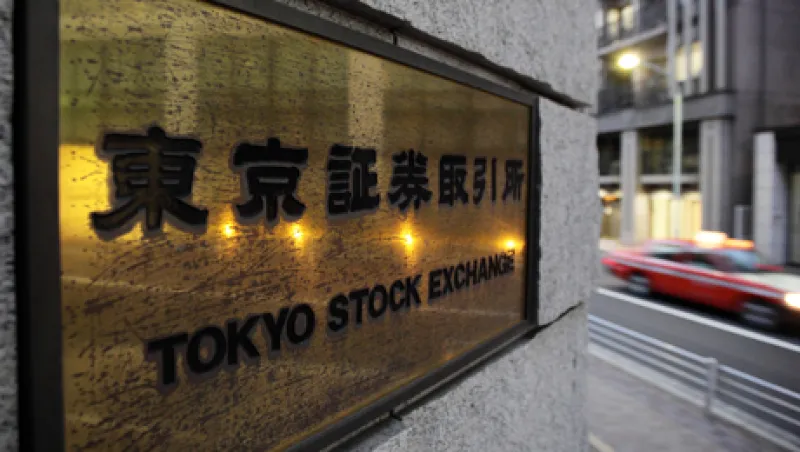In spite of Asia’s economic slowdown and turmoil in its financial markets, the parade of IPOs continues unabated there.
In 2012, Asia-Pacific has been the most active region in terms of deals, accounting for more than half of all global IPOs, says Renaissance Capital, a Greenwich, Connecticut–based financial services advisory firm. These exchanges also have raised nearly half of all the capital raised so far this year, Renaissance notes.
By contrast, there is a record backlog of companies waiting to go public in the U.S., thwarted in great part by the lackluster aftermarket performance of social media companies such as Facebook, Groupon and Xynga and a slew of private-equity-backed recapitalizations.
Companies, especially mature ones, are being more strategic about their IPO listings, says Andre Cappon, president and founding partner of the CBM Group, a New York consulting firm that specializes in the financial services industry. These companies see IPO listings not only as a way to raise capital but also to reach new markets and new customers and to gain added currency for expansion, adds Cappon.
On the Tokyo Stock Exchange this week, Japan Airlines expects to raise more than $8 billion in an IPO that will be the second largest of 2012 — second only to Facebook’s $16 billion May IPO. In July, on the Malaysian Stock Exchange, Felda Global Ventures Holdings, the world’s third-largest palm oil company, raised $3.1 billion. The same month, Malaysian hospital operator IHH Healthcare raised $2 billion in its IPO on the Malaysian exchange. The fact that mature companies are using the equity markets to do more than raise capital is clear when one considers that debt markets are cheaper than ever and that they are being modest in terms of how much capital they are seeking. In fact, they may have no choice. Investors, burnt by investing in highly speculative and widely promoted social media companies, want businesses with a proven track record and potential for growth. And they want them fairly valued.
At the midpoint of its offering price, JAL will be selling at 5 times its future earnings. Felda went public at about 14 times 2011 earnings. IHH Healthcare was the priciest — at 34 times its 2013 earnings. By contrast, Facebook’s IPO was valued more than 100 times historical earnings; Zynga, 77 times its fiscal 2010 earnings; and Groupon sold at 107 times its 2012 earnings.
In addition, underwriters of some Asian offerings have focused on selling to a few so-called cornerstone investors. Nearly two thirds of IHH Healthcare’s IPO was sold to 22 cornerstone investors that included private equity funds such as BlackRock and AIA Group. And more than a third of Velda’s IPO went to 12 cornerstone investors.
Meanwhile, luxury goods sellers are targeting retail investors on the Asian exchanges — not simply to buy their shares but also build a new customer base. For all the reported slowdown, Asia is still the new retailing frontier.
Last December designer Michael Kors chose to take his Michael Kors Holdings public on the Hong Kong exchange. The company raised nearly $1 billion at the offering price of $20 a share. (Last week Kors Holding shares were trading at about $54 a share.) Kors chose the Hong Kong exchange for its IPO because of the city’s strategic position in its new markets. The fashion designer expects to double the number of stores in China to as many as 15 stores by the end of 2012.
Kors Holdings was simply taking its cue from the success of other luxury goods makers such as Prada, which used its June 2011 IPO, also on the Hong Kong exchange, to raise nearly $2.5 billion.






